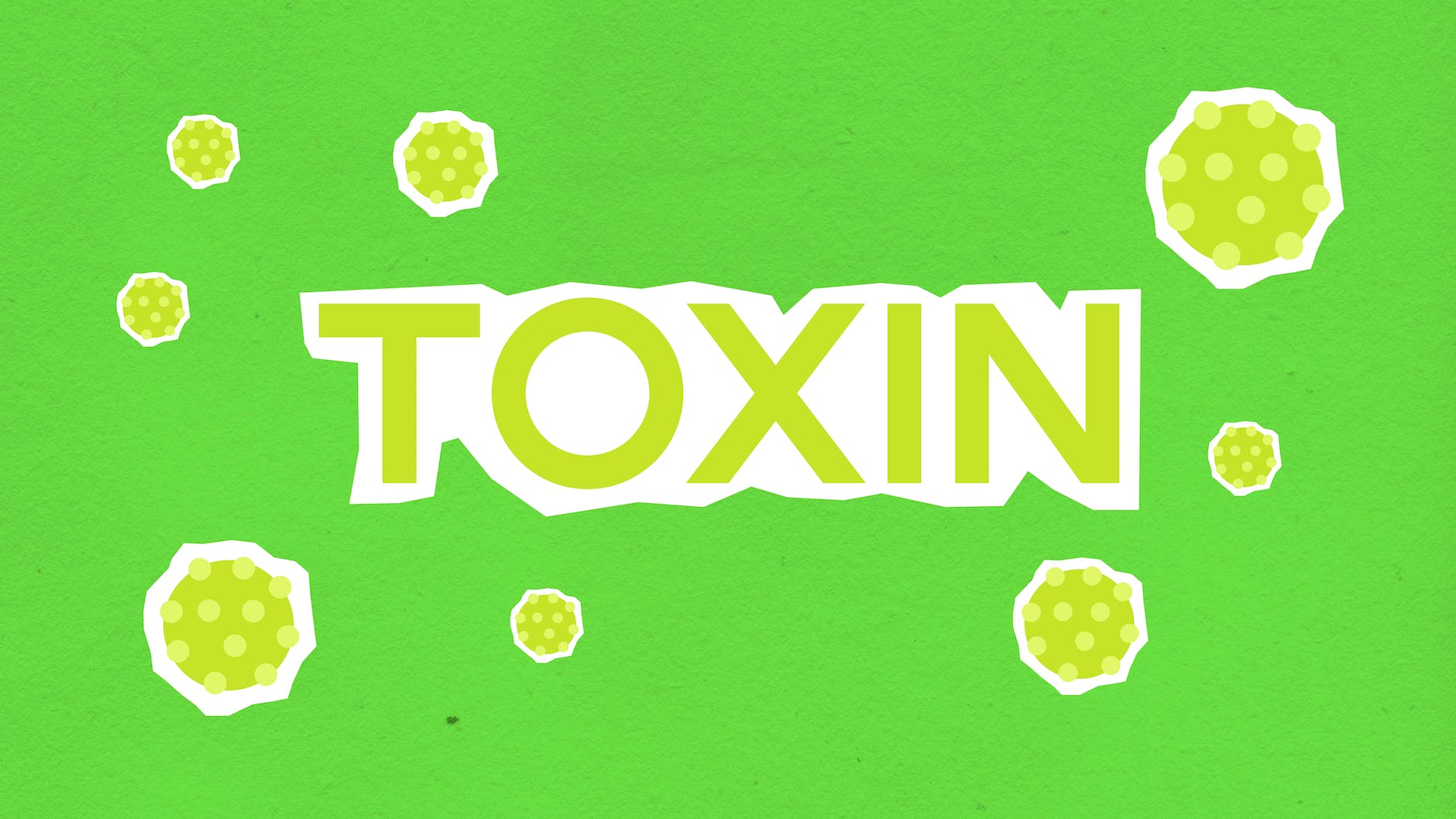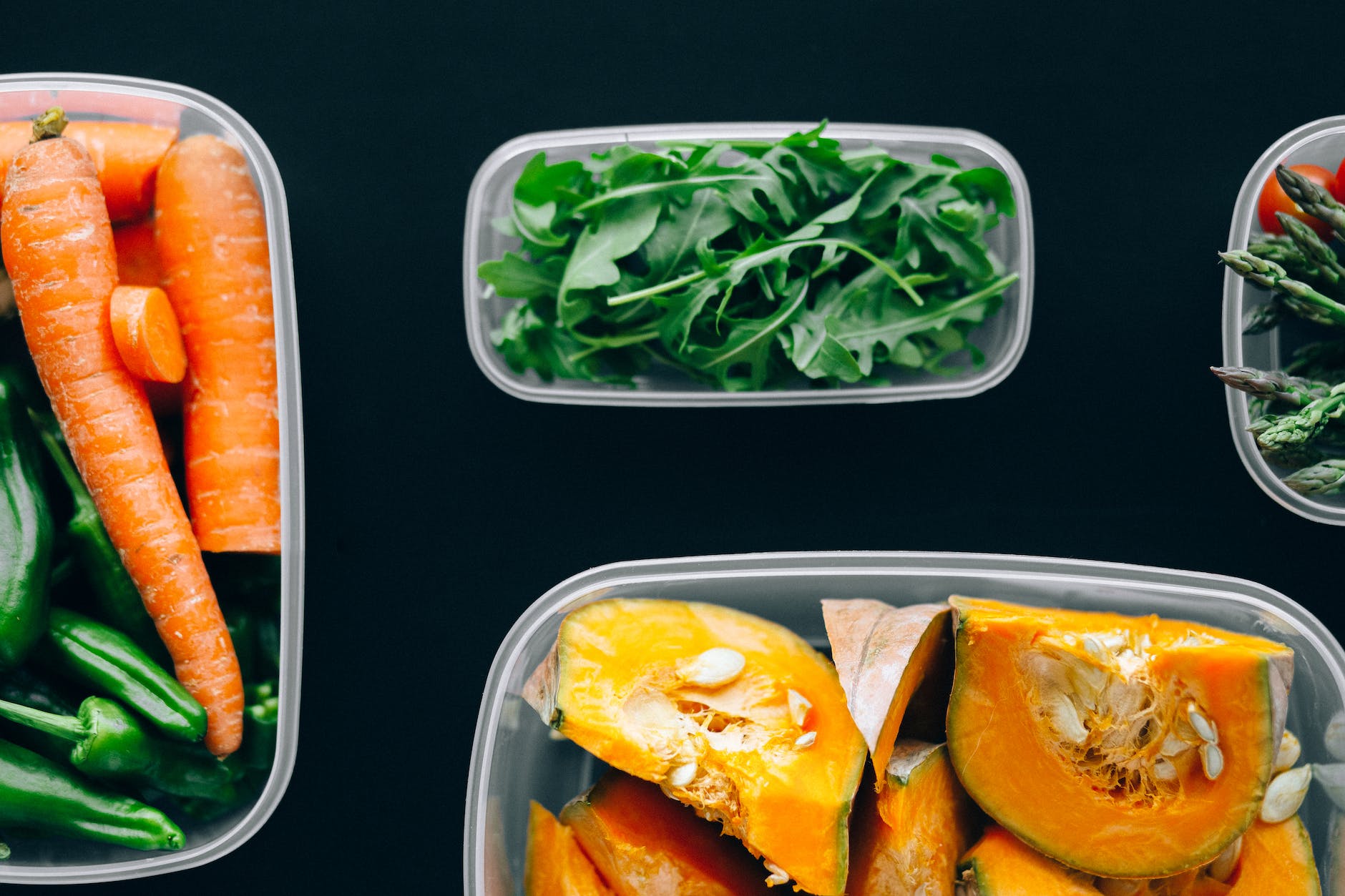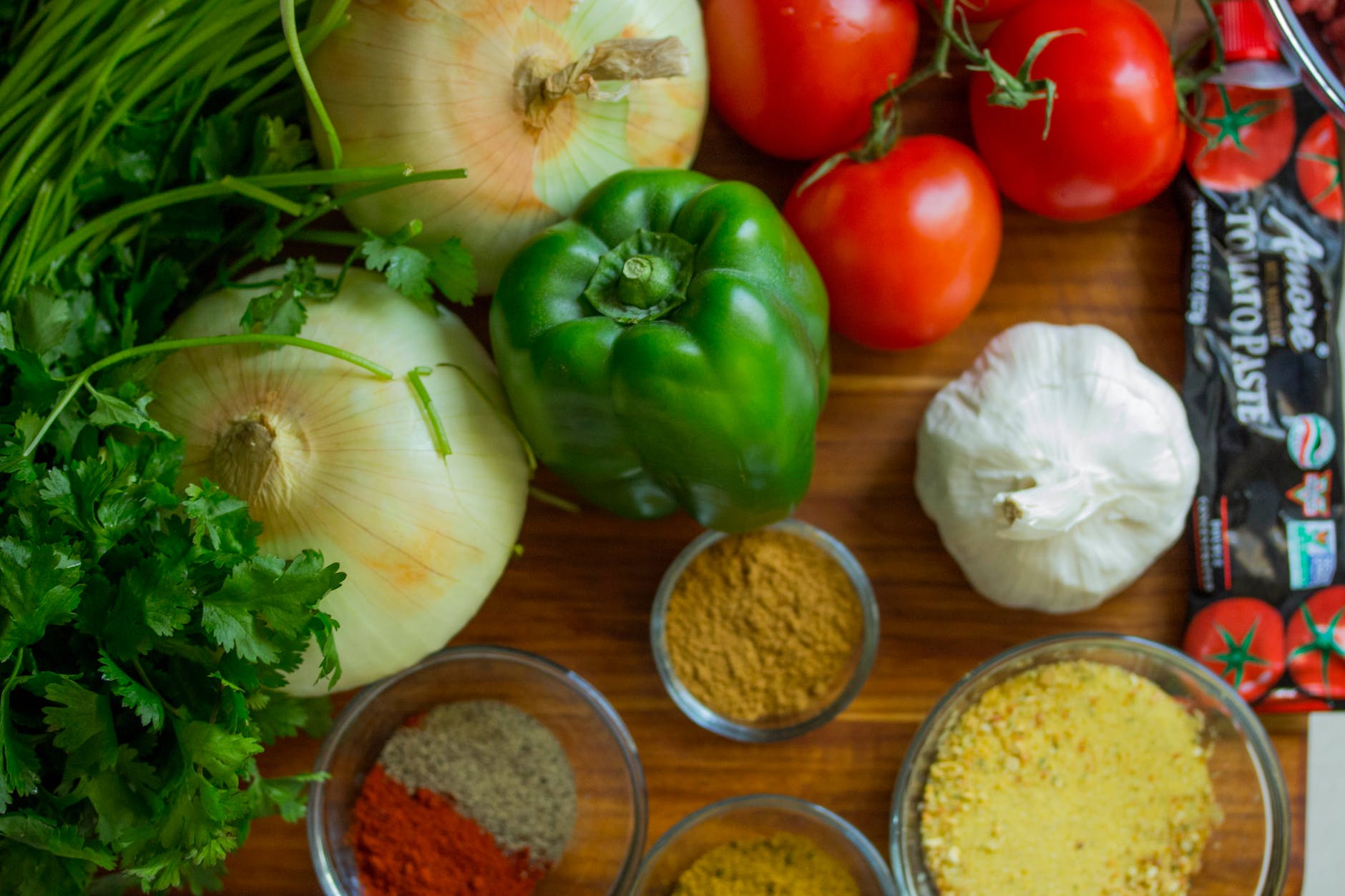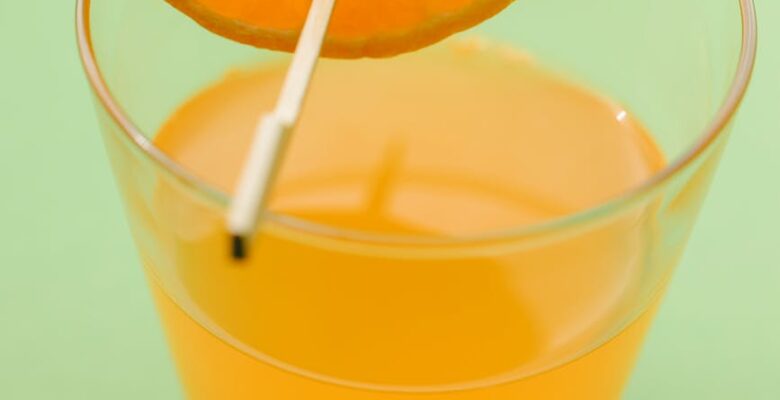A full-body detox usually entails following a diet in order to remove toxins from the body. Your body, on the other hand, is well-equipped to eliminate these toxic compounds without the need for dietary intervention or supplements.
Many diets and supplements promise to ‘detoxify’ the body from these chemicals, although these claims are usually unsubstantiated by research. The body naturally eliminates toxic compounds through the kidneys, liver, digestive system, skin, and lungs as part of normal organ function.

This article debunks numerous myths about detox diets and suggests techniques to help the body’s natural detoxification processes.
What exactly is a full-body detox?
Detoxification is sometimes referred to as a full-body detox. It usually refers to adhering to a certain diet or using special products that claim to cleanse your body from toxins, hence boosting health and promoting weight loss.
However, the body “detoxifies” itself spontaneously and does not require special diets or costly supplements to do so.
Common detoxing misconceptions
Diuretics, vitamins, minerals, teas, and other items claimed to have detoxifying effects are frequently used in detox diets.
Toxins are eliminated by the body through a complex process, including the liver, kidneys, digestive system, skin, and lungs.
However, only when these organs are in good health can they properly clear foreign toxins.
While detox diets accomplish nothing that your body cannot perform naturally, you can boost your body’s natural detoxification function.
1. Consume alcohol in moderation.
More than 90% of the alcohol intake gets metabolized by your liver.
Alcohol is metabolized by liver enzymes to acetaldehyde, a recognized carcinogen.
Because your liver recognizes acetaldehyde as a toxin, it transforms it into a harmless chemical called acetate and tries to eliminate it from your body.
Moderate to low alcohol consumption enhances heart function, but excessive drinking can lead to many health issues.
Excessive alcohol consumption can harm your liver function by creating fat buildup, scarring, and inflammation.
Once this happens, your liver is unable to filter waste or toxins properly.
One of the greatest methods to keep your body’s detoxification mechanism working well is to limit or avoid alcohol totally.
According to health experts, alcohol should be consumed one drink per day for women and two drinks per day for men. If you do not currently drink, it is not advised to begin because the risk outweighs any health benefits.
2. Quality sleep.
Getting quality sleep each night is essential for the natural detoxification system.
Sleeping allows your brain to restructure and recover while also removing poisonous waste byproducts that accumulate in your body throughout the day.

One of these waste byproducts is beta-amyloid, which leads to Alzheimer’s disease.
Sleep deprivation has been linked to both immediate and long-term health repercussions, including anxiety, stress, high blood pressure, heart disease, obesity, and type 2 diabetes.
To promote optimum health, you should sleep 7 to 9 hours per night on a regular basis.
If you have trouble remaining or falling asleep at night, lifestyle modifications such as keeping to a sleep routine and minimizing blue light before bed can help.
3. Increase your water consumption.
Water does far more than just quench your thirst. It keeps your body temperature stable, lubricates joints, helps digestion and nutrition absorption, and detoxifies your body by removing waste.
To function efficiently, your body’s cells must constantly repair themselves and break down nutrients for your body to consume as energy.
However, these processes produce wastes such as carbon dioxide and urea, which can be harmful.
Water transfers these waste items, eliminating them efficiently by urination, breathing, or sweating. So, staying hydrated is critical for detoxification.
The recommended daily water intake for men is 125 ounces (3.7 liters) and 91 ounces (2.7 liters) for women. Depending on your diet, where you live, and your level of activity, you may require more or less.
4. Cut back on sweets and processed foods.
According to some studies, obesity and other chronic diseases like cancer, diabetes, and heart-related diseases have been linked to increased intake of processed meals and sugary foods.
These disorders interfere with your body’s capacity to cleanse by hurting vital organs such as your liver and kidneys.
Excessive intake of sugary beverages can impair your liver function.
By cutting down on your intake of junk food, you can help your body’s detoxification mechanism healthy and function better.
You can minimize your intake of junk food by leaving it on the store shelf. The absence of it in your kitchen eliminates the temptation entirely.
Work on replacing junk food with healthier options such as fruits and vegetables to lessen intake.
5. Consume antioxidant-rich foods
Antioxidants shield your cells from the damage produced by chemicals known as free radicals.

Excessive free radicals can be produced by smoking, alcohol, smog, a low nutritional diet, and pollution exposure.
These chemicals harm a variety of cells. Free radical damage appears to play a role in illnesses such as heart disease, dementia, liver disease, asthma, and certain types of cancer.
Eating an antioxidant-rich diet will assist your body in fighting oxidative stress generated by free radicals and other pollutants that increase your illness risk.
Concentrate on getting antioxidants through food rather than pills. Taking an excessive amount of antioxidant supplements may increase your risk of developing certain ailments.
Antioxidants include vitamins A, Vitamine C, and E, as well as selenium, lycopene, lutein, and zeaxanthin.
Berries, fruits, nuts, vegetables, spices, chocolate, coffee, and green tea are enriched with antioxidants.
A diet high in antioxidants helps your body prevent free radical damage and may lower your risk of disorders that interfere with detoxification.
6. Consume prebiotic-rich meals.
Maintaining gut health is critical for maintaining a healthy detoxification system. The detoxification and excretion system in your intestinal cells protects your body and gut from harmful chemicals to our bodies.
Prebiotics, a form of fiber that nourishes the good bacteria in your stomach known as probiotics, are the foundation of excellent gut health. Prebiotics enable your good bacteria to manufacture nutrients known as short-chain fatty acids, which are important to your health.
The equilibrium of bacteria in your stomach can be altered by poor dental hygiene, antibiotic use, and poor nutrition quality.
As a result, this unfavorable shift in microorganisms might compromise your immunological and detoxification systems, increasing your risk of disease and inflammation.

Eating prebiotic-rich foods can help your immune and detoxification systems stay healthy. Prebiotic foods include tomatoes, artichokes, bananas, asparagus, onions, garlic, and oats.
7. Reduce your salt consumption.
Detoxing is a method for some to get rid of extra water.
Consuming excessive salt can make your body retain extra fluid. Especially for those who have a liver or kidney issue or if you don’t drink enough water.
Bloating and garment discomfort can result from excess fluid buildup. This can be solved by consuming less salt.
While it may sound strange and not logical, increasing your water intake is one of the best strategies to decrease excess water weight if you consume salty foods.
Our body produces an antidiuretic hormone when we consume too much salt and not enough water. When this occurs, your body keeps you from peeing and detoxifying.
By increasing your water intake, your body decreases the secretion of the antidiuretic hormone. This process increases urination, allowing you to eliminate more water and waste.
Increasing your intake of potassium-rich foods, which help to offset some of the effects of sodium, is also beneficial. Potassium-rich foods include potatoes, squash, kidney beans, bananas, and spinach.
8. Stay active.
No matter what your body weight is, regular exercise is linked to a longer and healthier life.
While there are various mechanisms underlying the health advantages of exercise, one important fact is reduced inflammation.
While some inflammation is required for wound healing or infection recovery, excessive inflammation can weaken your body’s systems, which can cause disease.
Exercise can assist and enhance your body’s detoxification systems, which protect against disease by lowering inflammation.
Aim for at least 2 1/2 – 5 hours of moderate-intensity exercise per week. Brisk walking or 1 or 1 1/2 hours of vigorous-intensity physical activity, such as running, per week is recommended.
9. Other useful detox hints
Although there is no current evidence that detox diets are effective for eliminating toxins from the body, certain dietary adjustments and lifestyle activities may assist in reducing toxin load and boost your body’s detoxification mechanism.
Consume sulfur-containing foods.
Foods like onions, broccoli, and garlic, which are rich in sulfur, increase the excretion of heavy metals such as cadmium.
Consider chlorella.
Chlorella is a form of algae that has various nutritional benefits and may aid in the removal of pollutants such as heavy metals.

Garnish foods with cilantro.
Cilantro increases the excretion of certain poisons, including lead and chemicals like phthalates and pesticides.
Support glutathione.
Foods like eggs, broccoli, and garlic, which are rich in sulfur, can aid in improving the function of glutathione, a significant antioxidant produced by your body that is heavily engaged in detoxification.
Use natural cleaning agents instead.
Using natural cleaning items such as vinegar and baking soda instead of commercial cleaning agents can help to decrease your exposure to potentially hazardous chemicals.
Select natural body care.
Natural deodorants, cosmetics, moisturizers, shampoos, and other personal care products can also help to limit your chemical exposure.
While encouraging, many of these effects have only been observed in animal research. Human investigations are therefore required to corroborate these findings.
To Conclude
Toxins are supposed to be eliminated by detox diets, which help to improve health and promote weight loss.
These diets, while fashionable, are not required. Your body has an extremely effective cleansing system.
Having said that, by staying hydrated, ingesting less salt and sugar, being active, and eating an antioxidant-rich diet, you can improve your health and boost your natural detoxification system.
